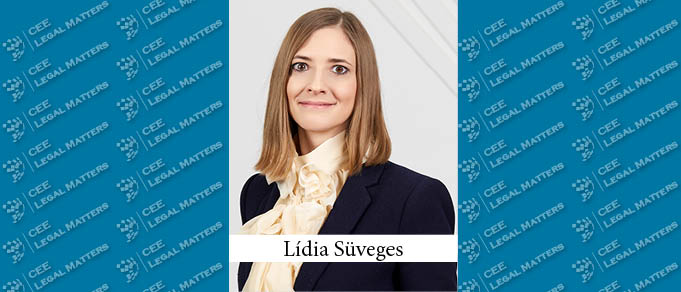On 1 October 2023, the amendments of the new Land Registry Act entered into force and as a result, the Act will enter into force only on 1 October 2024, instead of the date of 1 February 2024 already postponed from the initial date of 1 February 2023.
The “E-Land Registry” project is ongoing and nearing completion, aiming at developing the land register into an electronic database. The purpose of the new legislation is to ensure electronic administration, including automatic decision-making in land administration. Between 1 October 2024 and 3 December 2024, certain provisions of the new Land Registry Act relating to electronic administration will apply only if the submission was made through the Land Registry IT system and mandatory electronic administration will be required from 4 December 2024.
On the basis of the reasoning of the amendments, in recent times, various professional bodies, organisations and chambers have approached the Prime Minister’s Office requesting that the new electronic land registry system be introduced gradually instead of an immediate implementation. The respondents argued that a complete overhaul of a decades-old practice linked to land registration at a single point in time would have a high risk and would create considerable tensions in society. The gradual introduction will ensure that the “external” clients (i.e. the legal representatives) of the land registry will be able to use a properly functioning IT system after adequate training and knowledge. Furthermore, the advantage of a phased introduction is that the new infrastructure can be put in place with a gradual workload, that any problems that may arise during the introduction are not national in scope, and that the continuity of the so-called business continuity, and thus the continuity of the real estate transactions, can be ensured.
By Lidia Suveges, Attorney at law, KCG Partners Law Firm
















